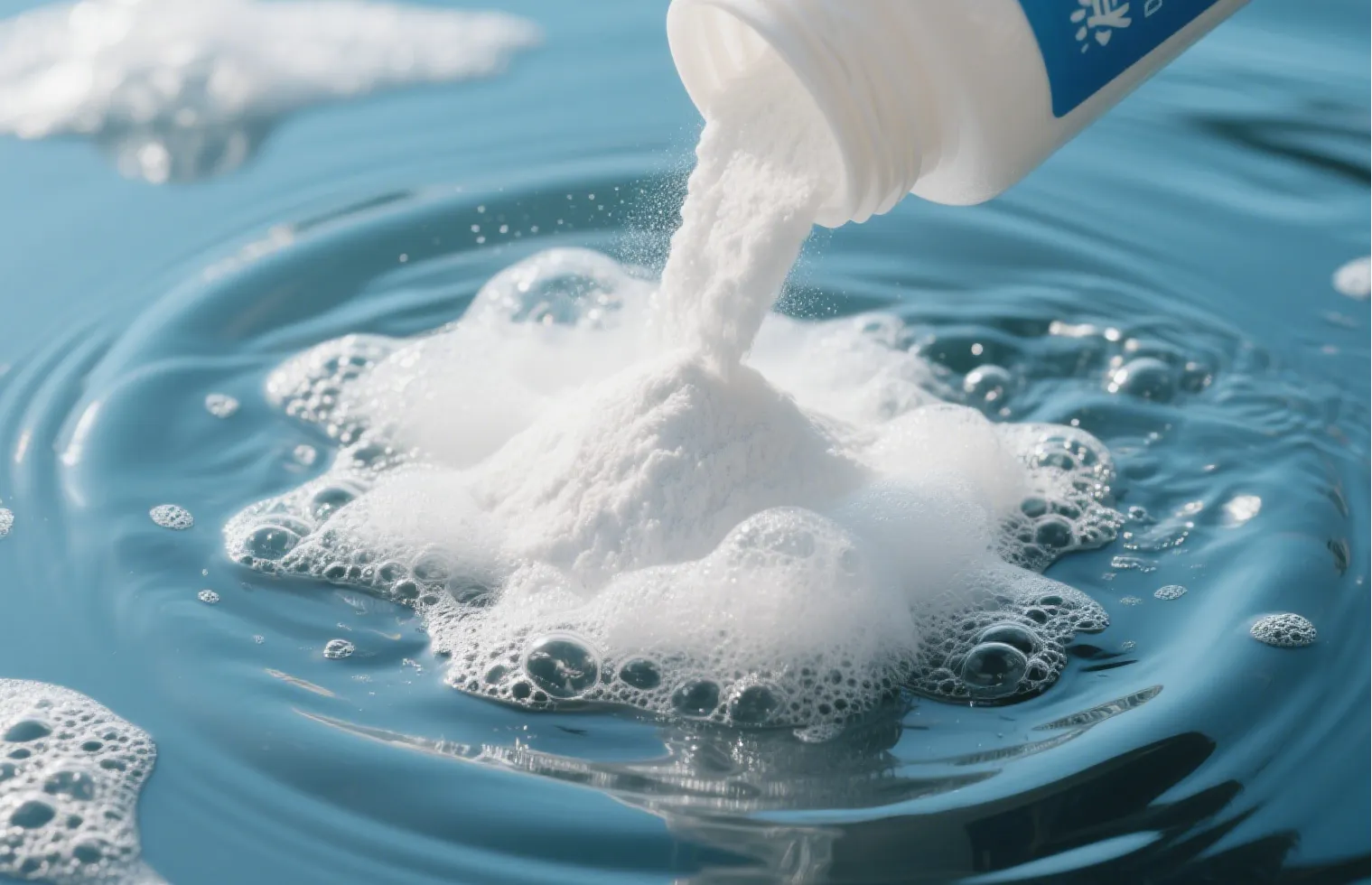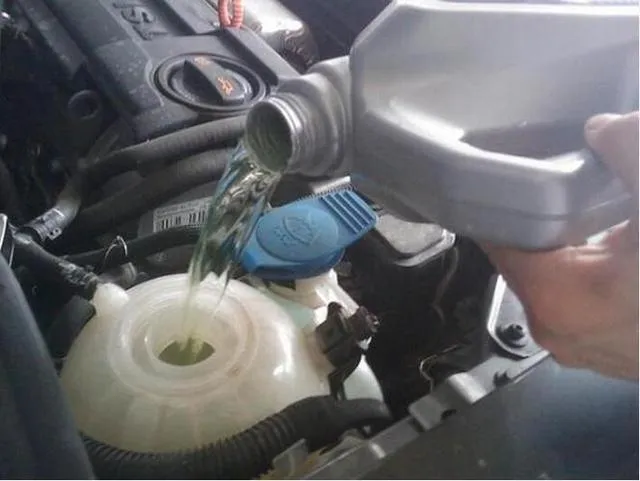
A Complete Guide to Antifoaming Agents: Types, Applications, and Industry Uses
Understanding Antifoaming and Defoaming Agents
Foam formation is a common issue across industries such as pharmaceuticals, food processing, construction, and automotive systems. Excessive foam can disrupt production, reduce efficiency, and even damage equipment. To solve this challenge, manufacturers rely on antifoaming agents et defoaming agents to control and eliminate foam.

What Are Antifoaming Agents?
Antifoaming agents, also known as defoamers, are additives designed to prevent or break down foam in liquids. These agents work by reducing surface tension, destabilizing foam bubbles, and ensuring smooth, uninterrupted processes.
Anti foaming refers to the prevention of foam formation.
Defoaming agents act on existing foam to collapse and disperse it quickly.
These solutions are essential in applications ranging from food production to cement mixing.

Types and Applications of Antifoaming Agents
Types of Antifoaming Agents
There are several types of antifoaming agents formulated for different industries and operating conditions:
Silicone-based antifoaming agents
Highly effective for industrial processes due to their ability to spread quickly over liquid surfaces and suppress foam even in small amounts.
Oil-based antifoaming agents
Made from mineral oils or vegetable oils, they are widely used in food and beverage processing.
Natural antifoaming agents
Derived from plant oils or waxes, these eco-friendly agents are ideal for applications where environmental sustainability is important.
Solid defoamer powder antifoam
Dry powdered defoamers are used in powdered detergents, cement, and gypsum to prevent foam when mixed with water.
Antifoaming Agents List and Examples
Here is a quick liste des agents anti-mousse for reference:
Polydimethylsiloxane (PDMS) – silicone-based
Mineral oil with silica – oil-based defoamer
Vegetable oil esters – natural antifoaming agents
Polyether-modified silicones – for high-temperature applications
Hydrophobic fumed silica – as a solid powder defoamer
These antifoaming agents examples are selected based on the compatibility with the process and regulatory requirements.

Gypsum Retarder Applications
In construction, gypsum-based products are prone to foam formation during mixing. Gypsum retarder applications include controlling setting times for plaster, wallboards, and other gypsum-based materials. Retarders are often combined with antifoaming additives to ensure smooth mixtures without trapped air bubbles, which can weaken structural integrity.
Industry-Specific Uses of Antifoaming Agents
Pharmaceuticals and Food Processing
Foam in pharmaceutical production can lead to dosage inconsistencies and contamination. A specialized anti foaming agent pharmaceutical, like simethicone, is used to suppress foam safely in drug formulations and during fermentation processes.
In the food industry, natural antifoaming agents are crucial for controlling foam during boiling, fermenting, and bottling. These agents must meet strict food-grade safety standards.
Automotive and Coolant Systems
In automotive systems, foam in coolants reduces heat transfer and can damage engines. Adding an anti foaming agent for coolant ensures the coolant remains efficient and prevents air bubbles from interfering with circulation.
Construction Materials
Cement and gypsum manufacturing processes also face foam challenges. Solid defoamer powder antifoam is commonly added to prevent foam in dry mixes, ensuring even consistency and better durability of the final product.
Conclusion: Choosing the Right Antifoaming Solution
Foam control is an essential aspect of modern manufacturing and processing. From anti foaming agent pharmaceutical solutions to solid defoamer powder antifoam for cement, selecting the right product ensures efficiency, compliance, and product quality.
Understanding the types of antifoaming agents, reviewing antifoaming agents examples, and knowing industry-specific needs helps in selecting the most effective solution. Whether it’s for gypsum retarder applications, coolant systems, or food processing, using the proper agent saves time, reduces costs, and improves output.
FAQs About Antifoaming Agents
What are the main types of antifoaming agents used in industries?
There are four main types: silicone-based, oil-based, natural antifoaming agents, and solid powdered defoamers. Each type is designed for specific applications, such as food-grade processing or high-temperature industrial systems.
Can you give examples of antifoaming agents?
Yes, some common antifoaming agents examplesinclude polydimethylsiloxane (silicone-based), vegetable oil esters (natural), and mineral oil with hydrophobic silica (oil-based).
Why are gypsum retarder applications important in construction?
Gypsum retarders are used to control the setting time of gypsum-based materials like plaster. Combined with antifoaming agents, they ensure smooth mixtures without air pockets, improving structural strength and surface finish.
How does an anti foaming agent for coolant work?
An anti foaming agent for coolantprevents foam formation in automotive and industrial coolant systems. By suppressing foam, it ensures better heat transfer, reduces airlocks, and protects equipment from cavitation damage.
What is a solid defoamer powder antifoam, and where is it used?
Solid powdered defoamers are used in dry products like cement and detergents. They prevent foam formation when the product is mixed with water, ensuring a consistent and smooth application.
-
Hydroxypropyl Starch as a Sustainable Construction AdditiveNewsNov.24,2025
-
The Gelation Properties of CMCNewsNov.21,2025
-
Redispersible Latex Powder and Water Retention CapacityNewsNov.21,2025
-
Dosage Control for Polycarboxylate Water ReducerNewsNov.21,2025
-
Film-Forming Properties of Polyvinyl AlcoholNewsNov.21,2025
-
The Function of Gypsum Additives in MortarNewsNov.21,2025





















